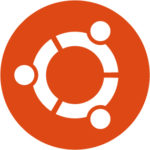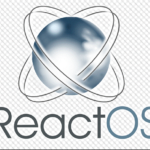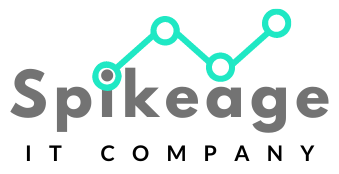
Ubuntu is a free and open-source Linux distribution based on Debian. Ubuntu is officially released in three editions: Desktop, Server, and Core for the internet of things devices and robots. All the editions can run on the computer alone, or in a virtual machine.

Linux Lite is a Linux distribution, based on Debian and Ubuntu and created by a team led by Jerry Bezencon. The distribution offers a lightweight desktop experience with a customized Xfce desktop environment. It includes a set of Lite application to make the life easier for a novice Linux user.

Fedora or Fedora Linux is a Linux distribution developed by the community-supported Fedora Project which is sponsored primarily by Red Hat Inc. with minor support by other companies.

Linux Mint is a community-driven Linux distribution based on Ubuntu or Debian that strives to be a ‘modern, elegant and comfortable operating system which is both powerful and easy to use’.

Solus is an independently developed desktop operating system based on the Linux kernel and using its own desktop environment derived from GNOME. Starting with the Debian branch of Linux it migrated to a unique approach including Pisi and Evolve OS.

Xubuntu is a Canonical Ltd.–recognized, community-maintained derivative of the Ubuntu operating system. The name Xubuntu is a portmanteau of Xfce and Ubuntu, as it uses the Xfce desktop environment, instead of Ubuntu’s GNOME desktop

Chrome OS is a Linux kernel-based operating system designed by Google. It is derived from the free software Chromium OS and uses the Google Chrome web browser as its principal user interface.

ReactOS is a free and open-source operating system for amd64/i686 personal computers intended to be binary-compatible with computer programs and device drivers made for Windows Server 2003 and later versions of Windows

C# Open Source Managed Operating System is a toolkit for building operating systems, written mostly in the programming language C# and small amounts of a high level assembly language named X#. Cosmos is a backronym, in that the acronym was chosen before the meaning.

FreeDOS is a collection of programs and utilities, so not everything is in one place. Subversion is an open source code management system, similar to CVS or Git. You may need a Subversion client, usually called svn. You can find the source code to other FreeDOS programs directly from the web pages of each program.

Genode is a free and open-source operating system framework consisting of a microkernel abstraction layer and a collection of userspace components. The framework is notable as one of the few open-source operating systems not derived from a proprietary OS, such as Unixdirectly from the web pages of each program.

Ghost OS is an open-source hobby operating system and kernel. It is under development since 2014 and currently compatible with the x86 platform. The system is based on a microkernel and features symmetric multi-processing and multitasking. Most of the kernel and system programs are written in C++.

OSv is a cloud computing focused computer operating system released on September 16, 2013. It is a special-purpose operating system built to run as a guest on top of a virtual machine, thus it does not include drivers for bare-metal hardware.

Phantom OS is an operating system mostly made by Russian programmers. Phantom OS is based on a concept of persistent virtual memory, and is managed-code oriented. Phantom OS is one of a few OSes that are not based on classical concepts of Unix-like systems
